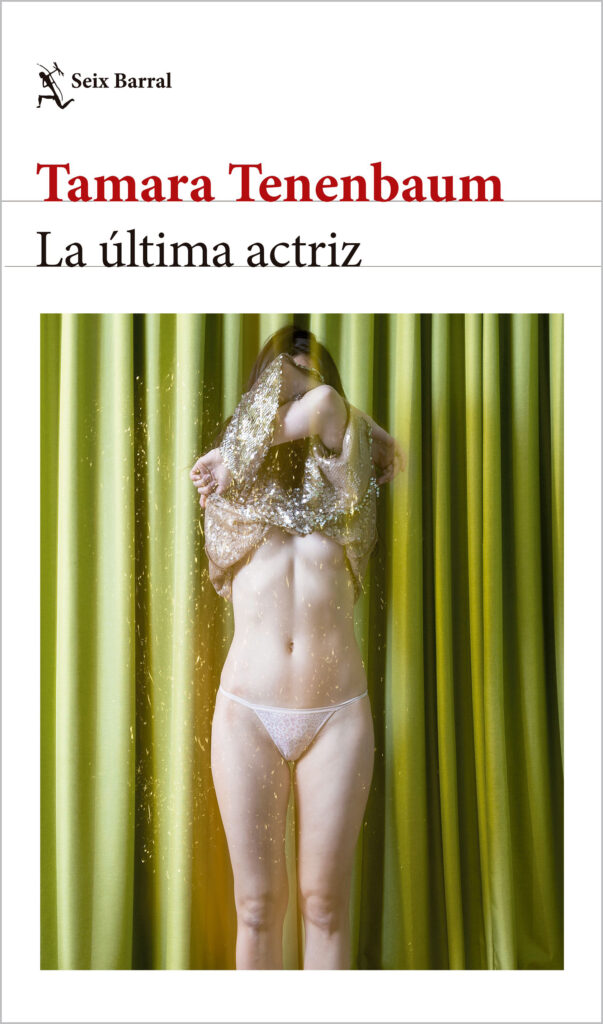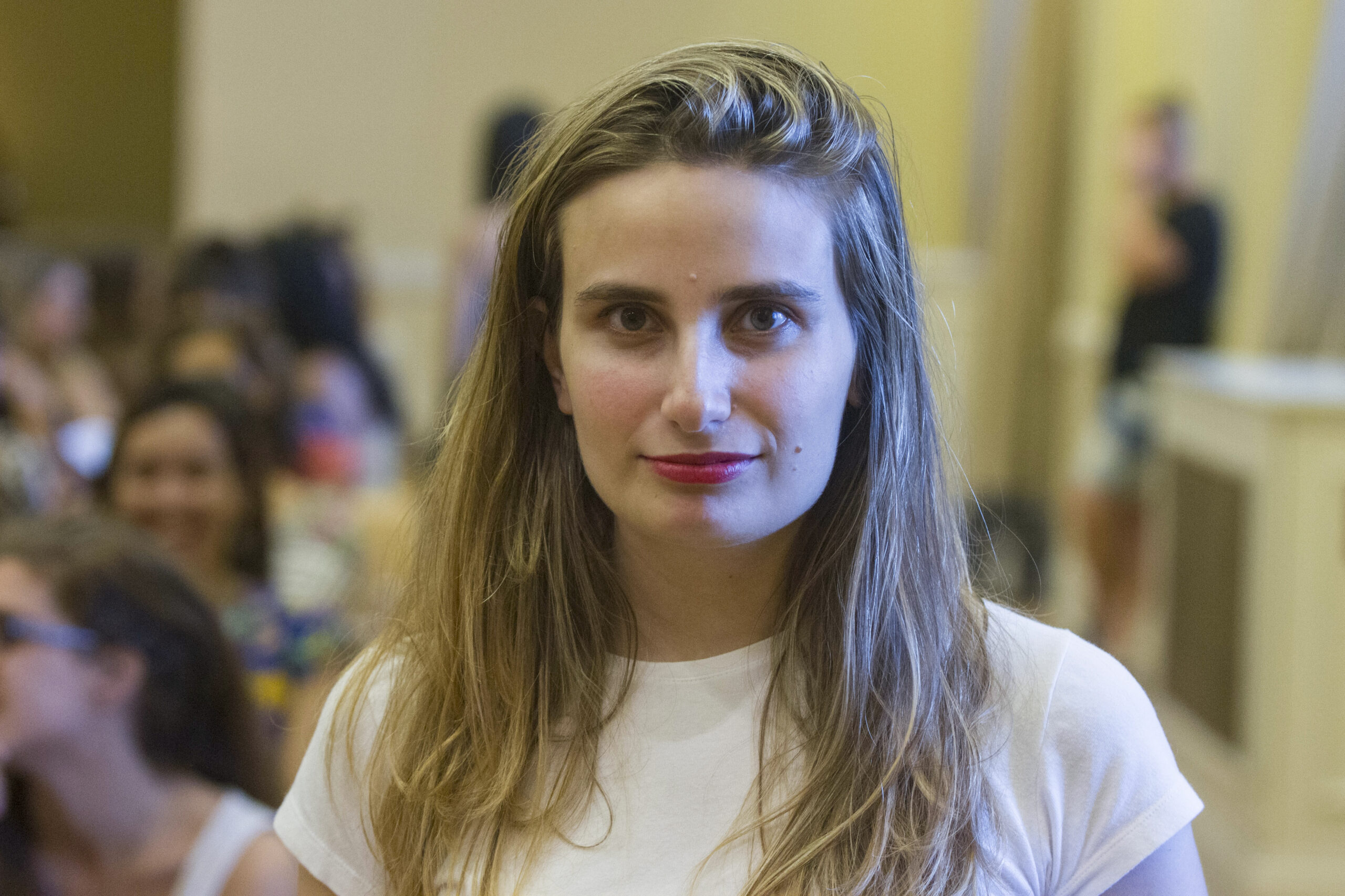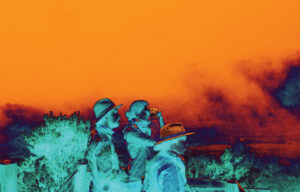This article is adapted from AQ’s special report on the 2024 U.S. presidential election and its impact on Latin America
Writing about Argentina’s best-known Jewish community center, the Asociación Mutual Israelita Argentina (AMIA), is a unique challenge. That’s thanks to the complex nature of the country’s accountability—or lack thereof—regarding the terrorist attack on the center in 1994. The bombing, which killed 85 people, was determined by a recent court decision to have been carried out by the Lebanese militant group Hezbollah. But three decades later, after countless controversies around the investigation of the bombing, those responsible have still not been brought to justice.
Tamara Tenenbaum’s latest novel delves into the AMIA’s history, intertwining it with the lives of two Argentine Jews. In La última actriz, Sabrina, a graduate student at the University of Buenos Aires, embarks on a quest to resurrect, through archival investigation, the forgotten world encompassed by a Yiddish theater that operated in Buenos Aires during the early 1920s, one of only a few in Latin America.
Dating her professor and thesis advisor, with friends immersed in academia and the arts, her life is deeply intertwined with the academic world. As she attempts to separate her private life from her work, the realms inevitably bleed into each other. Hers is a journey in pursuit of personal fulfillment against academic pressure, motivated by love and a penchant for forgotten things.

La última actriz
Tamara Tenenbaum
Seix Barral
Hardcover
200 pages
Contrasting with Sabrina is the novel’s other protagonist, Jana, who works as an administrator at the AMIA but dreams of a career as an actor. She oscillates in and out of the realm of memory, embodying a long Argentine Jewish tradition of honoring the dead while grappling with the demands of the present.
La última actriz tells the story of two women between the archive and living memory, between death and life, between love and cemeteries. Its author is a young Argentine writer, philosopher, translator and feminist known for her insightful commentary on contemporary culture and gender issues. She gained prominence through essays and columns on topics such as sexuality, identity and power dynamics in society—leading to a 2019 book on contemporary sexuality, El fin del amor, that became a successful Argentine-produced Netflix series.
Writing with clarity, wit and depth, she has become a prominent voice in the ongoing conversation about feminism and social justice in Latin America. Personally, Tenenbaum embarked on a journey from the Haredi Orthodox Judaism of her upbringing to the very modern world of young people in Argentina’s cosmopolitan capital.
In La última actriz, Sabrina’s quest leads her to confront fundamental questions about her origin, destiny and accountability, ultimately reshaping her understanding of herself and her relationships. Conversely, Jana embodies stability, serving as a counterpart to Sabrina’s introspection. While Sabrina is perplexed by her own pursuit of passion and tormented by her personal life, Jana sees that the spaces she inhabits are mixed. The two worlds cannot be divided—they can only blend.
Tenenbaum brings Argentine Judaism to life as something more than just historical documentation. Through her characters, we see an essence that persists through generations. The novel illustrates how passion imbues life with meaning, while cultural heritage ensures its continuity.
Her novel offers a nuanced exploration of Argentine Jewish identity, weaving together themes of memory, inquiry and cultural legacy to create a rich tapestry of human experience. The struggle for justice, as much in the aftermath of the AMIA bombing as for the human rights abuses of Argentina’s military dictatorship, reflects a timeless Jewish value: tikkun olam, the imperative to repair the world. That enlivens the novel’s concern with recovery of the past, giving it a forward direction; it shows how the task of investigating and caring for the dead is a Jewish responsibility in the present day.
—
Milman is an essayist and specialist in Jewish thought based in Buenos Aires








